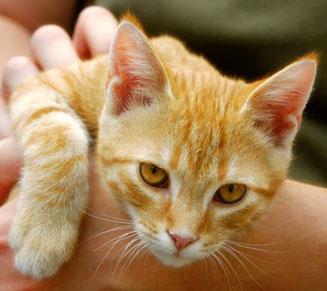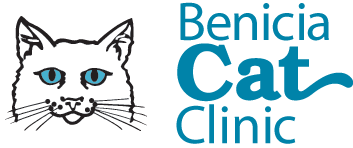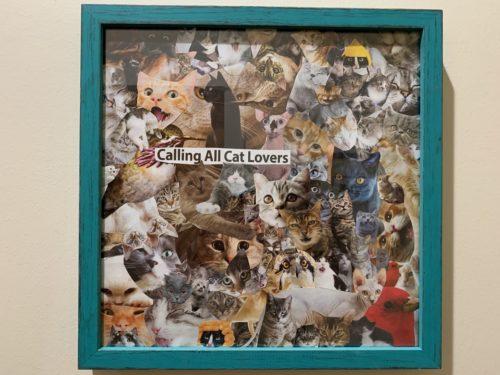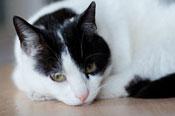
Of all the household pets, cats seem to be able to hide their diseases the best. This, unfortunately, can make it difficult for the pet owner to know when to seek veterinary care. Earlier disease detection is possible by having your cat undergo a complete veterinary exam that is combined with a blood screening profile and urinalysis. This level of wellness monitoring may help to ensure a longer, healthier life for your cat. The peace of mind knowing that everything is fine would be better yet.
Veterinarians have historically recommended this kind of in-depth physical exam for the geriatric patient. I personally feel we should be monitoring the health status of the middle-aged cat more closely (especially being middle-aged myself). So, just what constitutes a middle-aged vs. geriatric feline. If you ask a veterinarian, I suppose it would depend on how old the veterinarian is. Anyway, clients frequently ask me to equate their cat’s age to human years. The following table reflects my thoughts on a feline-human life equivalent:
Age Of Cat |
Human Equivalent |
| 1 year | High School Student |
| 2 years | College Graduate |
| 5-6 years | Thirty-Something |
| 7-8 years | Forty-Something |
| 9-10 years | Fifties |
| 11-14 years | Sixties |
| 15-17 years | Seventies |
| 18-19 years | Eighties |
| 20 years | Ninety-Something |
Benicia Cat Clinic now has improved on-site laboratory testing capabilities for purposes of screening our patients in a more economical and expedient manner. We encourage you to call the office to schedule a wellness exam if your cat is forty-something or older and has not been in recently.




